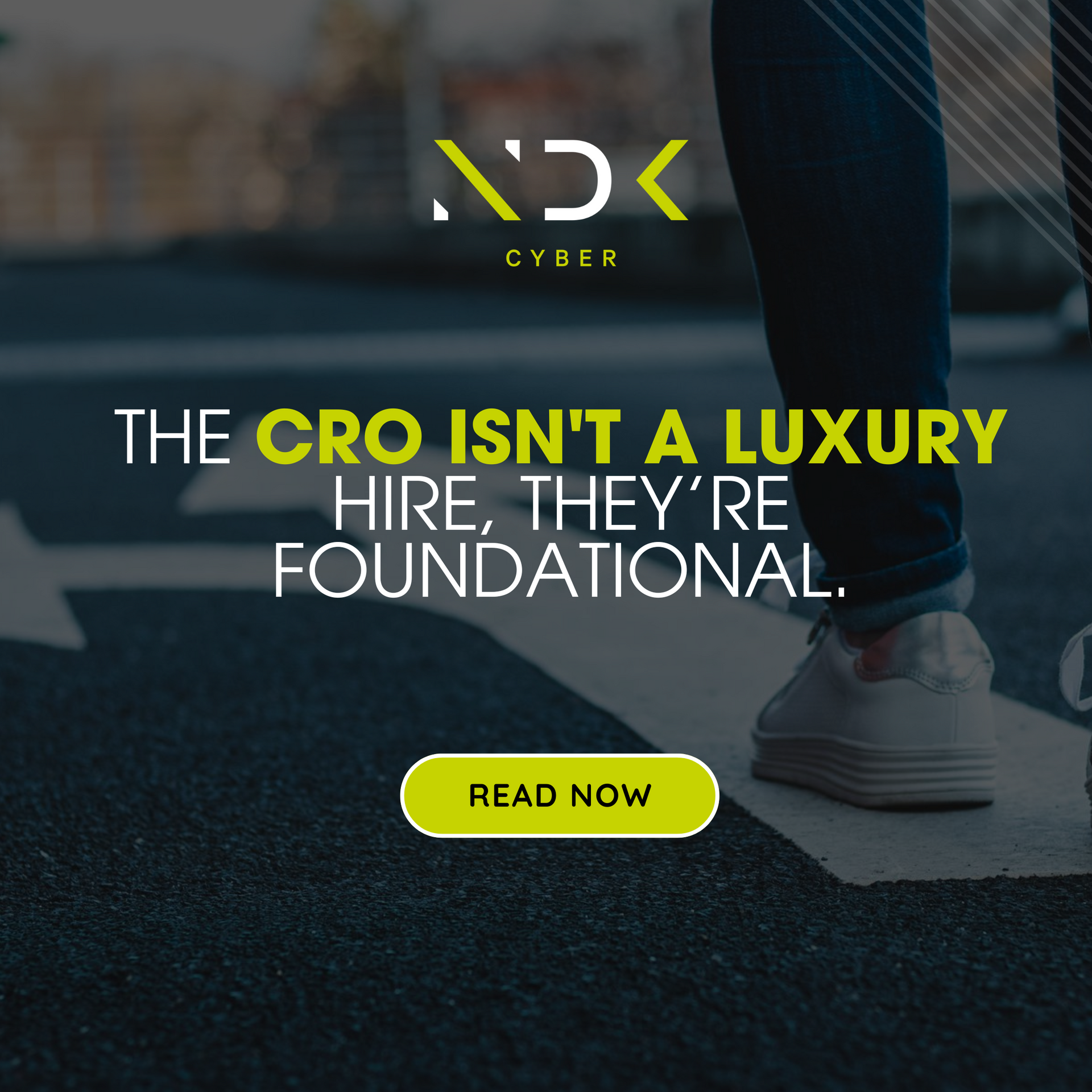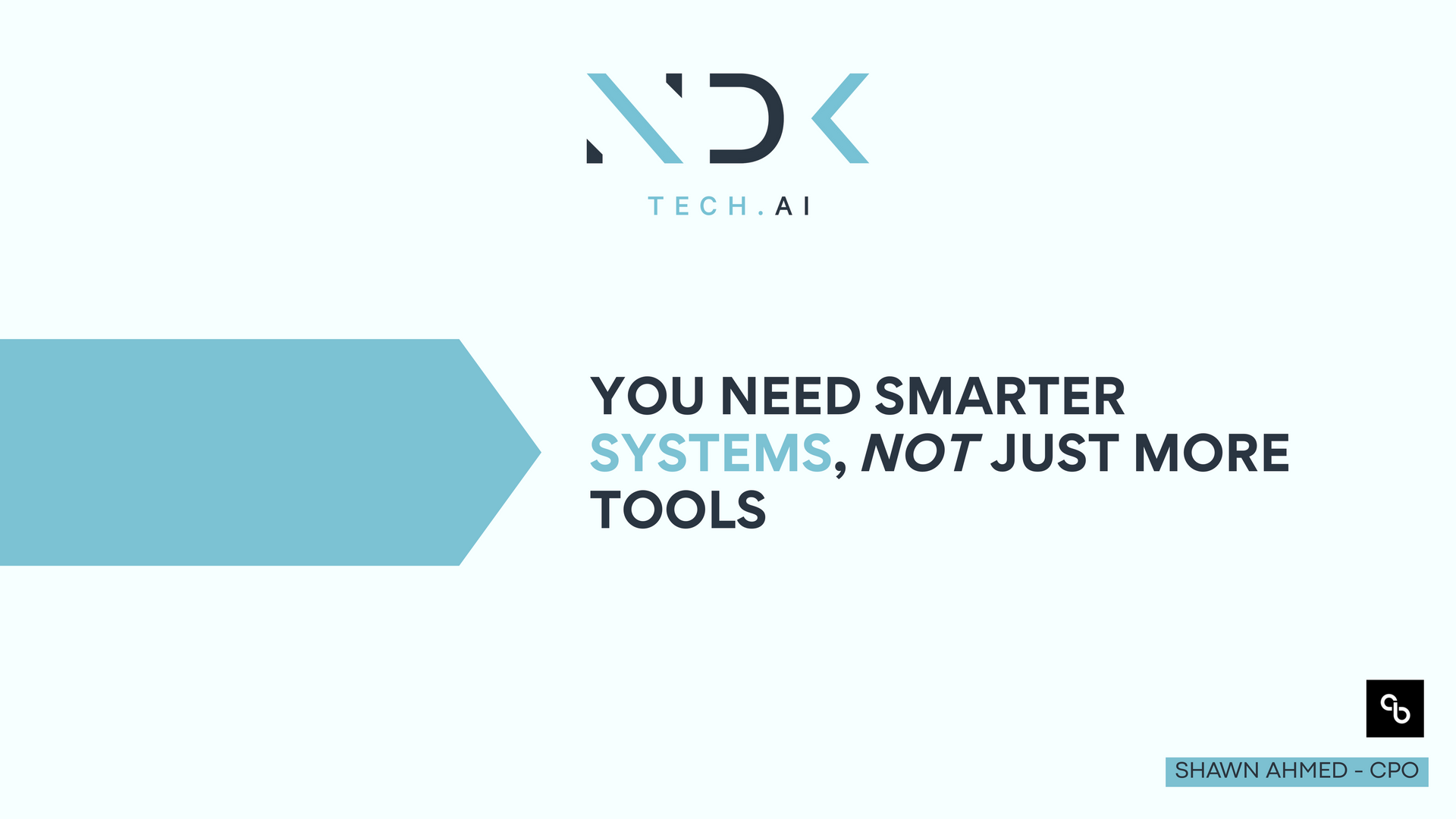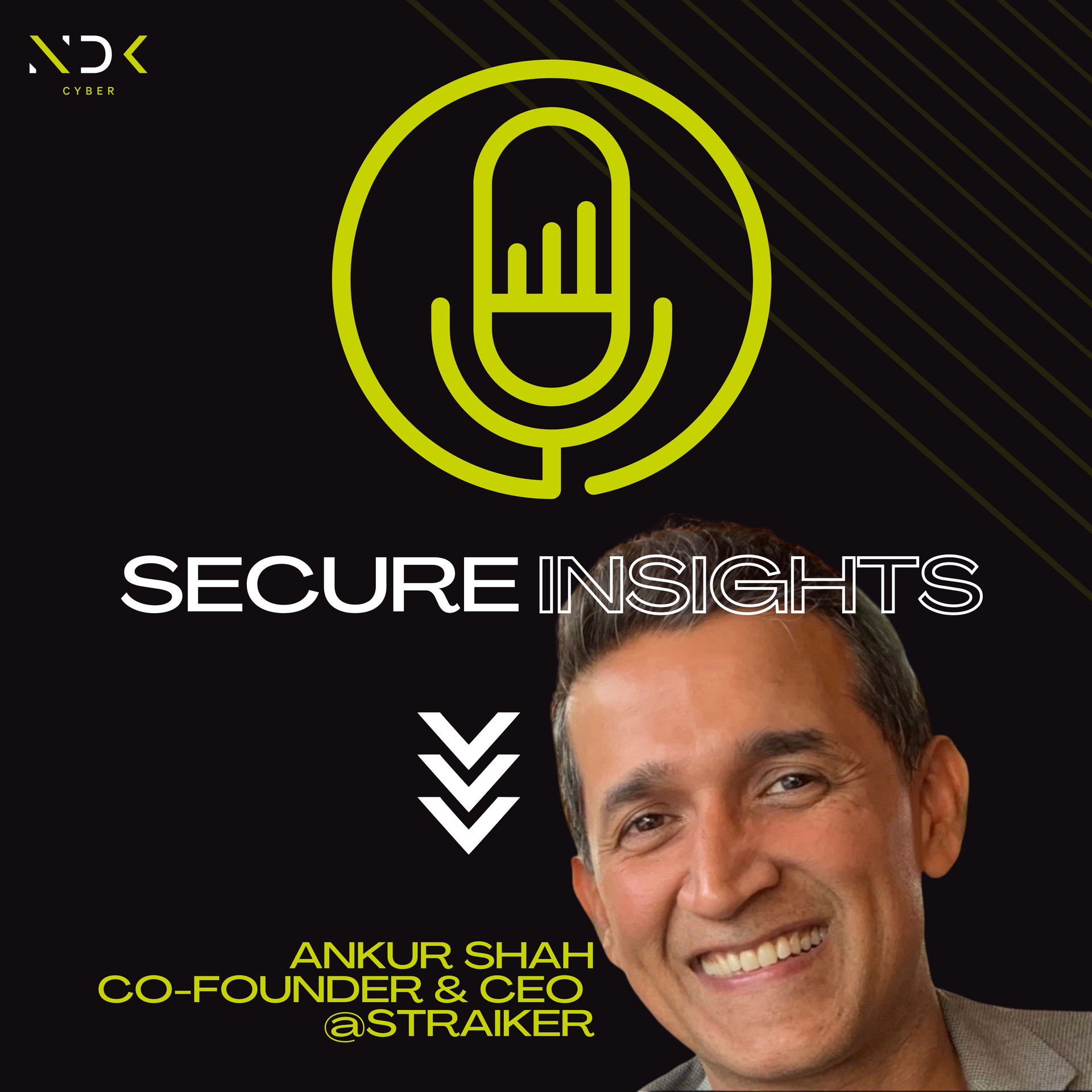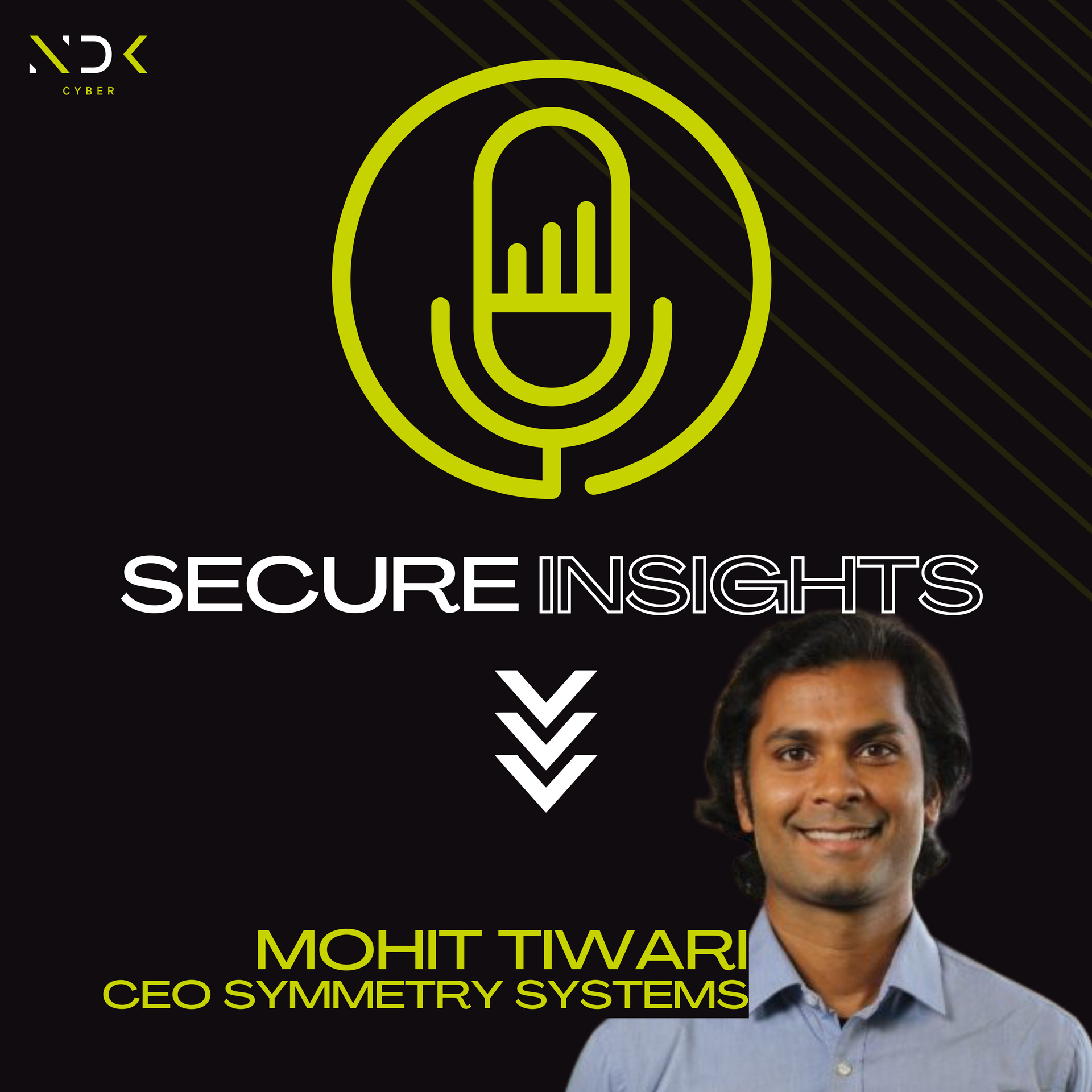CROs in Cybersecurity: Driving Revenue in AI-Enhanced Markets. Do You Have One?
Every day, we work across all facets of cybersecurity: from recruiting talent at every level, to examining business plans, to understanding the long-term vision. We see firsthand how the sector is adapting, how innovation is being shaped, and how businesses are positioning themselves for the future.
What have we found? AI is no longer a buzzword, it's at the core of everything we do, from the tools we build to the solutions we deliver, and crucially, how we drive growth. As companies race to build smarter solutions, many are overlooking a key role in the growth equation: the Chief Revenue Officer (CRO).
Let’s talk about why that matters.
The CRO isn't a luxury hire, they’re foundational.
Especially in cybersecurity, where technical buyers demand more than slick dashboards, and where AI-driven capabilities are pushing the edge of what's possible, the CRO is the glue that binds product, market, and growth strategy together.
If you’re a CEO or founder still relying on heroic efforts from siloed teams, ask yourself this:
Is it time to bring in someone who sees the whole picture?
Because in 2025, cybersecurity growth isn’t just about what you build, it’s about how you sell it, and who leads that charge.
From Sales Leader to Strategic Growth Architect
Traditionally, sales teams in cybersecurity operated in silos, one group focused on enterprise, another on mid-market, with marketing doing its own thing and customer success scrambling to keep up post-sale. The CRO changes that.
Today’s CRO is not just a glorified sales leader. They're a cross-functional growth architect who connects dots between product, marketing, sales, partnerships, and customer success. They're responsible for building a repeatable, scalable revenue engine and in a market where AI is changing buyer behaviour, that’s no small task.
In cybersecurity, buyers are more informed and cautious than ever. They’re asking better questions. They expect tailored solutions. The CRO’s job is to make sure the entire commercial engine is aligned to meet that.
The AI Effect on Go-To-Market Strategy
According to a 2024 McKinsey report, over 70% of cybersecurity vendors now claim some form of AI integration. But marketing buzzwords don’t close deals. Clarity, credibility, and customer trust do. That’s where the CRO earns their stripes.
With AI pushing the market toward more complex, data-driven offerings, think behaviour-based threat detection, automated response frameworks, or predictive compliance tools and the CRO helps translate technical capabilities into commercial value. They help teams position products in a way that resonates with CFOs, CISOs, and boards alike.
They also adapt GTM strategies to suit different market maturity levels. Selling an AI-powered detection engine to a Fortune 500 bank looks wildly different from onboarding a high-growth scaleup with a lean security team. The CRO ensures the playbook fits both.
Global spending for cybersecurity is projected to reach over $215 billion in 2025, yet many vendors are still fighting for market share with limited traction. Why? Because they’re product-strong but revenue-weak.
“It’s not uncommon to see brilliant security tech fall flat because the GTM execution isn’t built for scale. That’s what a CRO fixes,” “You can’t rely on founder-led sales forever.”
A good CRO brings in discipline: pipeline hygiene, forecasting accuracy, win-loss analysis, and customer expansion strategies. But a great CRO brings in adaptability, knowing when to double down on a sales-led motion vs. when to lean into product-led growth or strategic partnerships.
In markets influenced by AI where features evolve quickly and differentiation is short-lived, this adaptability is the difference between momentum and mediocrity.
-
Whether you're building your go-to-market team from scratch or scaling into new regions, the CRO isn't a luxury hire, they're actually a foundational one.
Especially in cybersecurity, where technical buyers need more than flashy dashboards and where AI-driven tools are pushing the boundaries of what’s possible, the CRO is the glue that holds the commercial strategy together.
If you’re a CEO or founder relying on heroic efforts from siloed teams, ask yourself: is it time to bring in someone who sees the full picture? Because in 2025, cybersecurity












